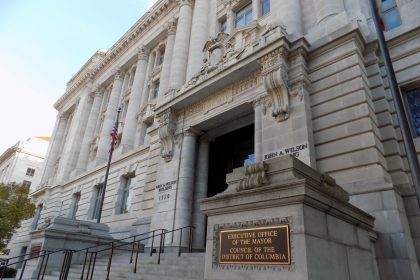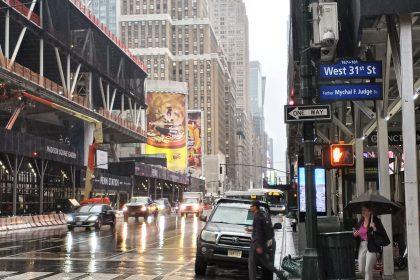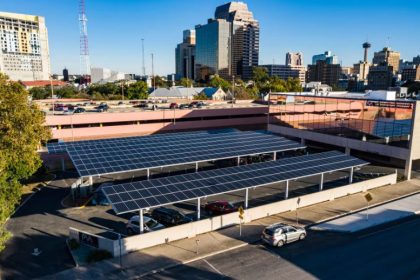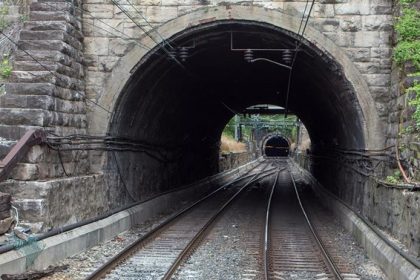Lincoln, Nebraska: Sustainable Pioneer on the Prairie

For many people, the image of climate change is a coastal event. It’s the more frequent and larger hurricanes being followed by The Weather Channel. And whole tropical nations disappearing into the sea.
But what of the plains, the vast expanse and source of so much of the nation’s bounty?
In Nebraska, said Lincoln Mayor Leirion Gaylor Baird, it’s about becoming acquainted with phenomena like “bomb cyclones.”
“Something I had never heard of until a couple of years ago,” she told The Well News on Tuesday.

It’s knowing that come spring, the new annual pattern of heavy rains is going to fill the Salt Creek and other small tributaries of the Platte River and inundate streets, homes and local businesses.
And it’s knowing, come summer, that the same Platte River, the source of Lincoln’s water, is likely to run low, causing shortages that worry city dwellers and rural farmers alike.
Taken together, events like these have served as a wakeup call for the nearly 300,000 who live in and around Nebraska’s capital.
“There’s a realization here that climate change is a mutual shared interest between the urban and rural communities in our state, and that we need to plan for the future with the metrics of climate change in mind,” said Gaylor Baird, a member of the NewDEAL, a group of forward-thinking government leaders.
“It also means that we’re doing everything we can to make our infrastructure more resilient as well,” she said.
“We’re still working on repairs from the bomb cyclone,” Gaylor Baird said of the extreme weather event that tore across the Midwest in 2019.
The storm, an extraordinary low pressure system that packed a fearsome one-two punch of sustained high winds and heavy rain, was one of Nebraska’s costliest natural disasters of all time.
“Regardless of some of the partisanship that’s arisen around this issue, it’s critically important that communities aren’t caught off guard by these extreme events and are realistic about what’s coming and how we can best be prepared to address it.”
Among the steps Lincoln has taken to be prepared is to draft a climate action plan, spelling out a policy and strategy framework for the city, and to revisit things, like city’s floodplain maps, which are clearly changing.
“Again, it comes down to awareness and then building more resilience into our communities because of it,” Gaylor Baird said. “Toward that end, I think the coronavirus pandemic illustrated an important point.
“With the pandemic we faced a collective challenge to the social fabric and people responded by looking out for one another, neighbors helping neighbors, and people being aware of the risks around them and who’s vulnerable and trying to be supportive of one another,” she said.
The city’s approach to dealing with climate change has been multi-faceted. Hoping to reduce the amount of greenhouse gases in the air, it recently began planting trees on the agricultural land owned by the city.
It has also found a way to turn Lincoln’s wastewater system into a natural source of biogas and is now selling it to a natural market.
The process is based on the anaerobic digestion of waste, which then is converted into methane,and ultimately into a biogas.
The EPA decribes Anaerobic digestion as a process through which bacteria break down organic matter—such as animal manure, wastewater biosolids, and food wastes—in the absence of oxygen.
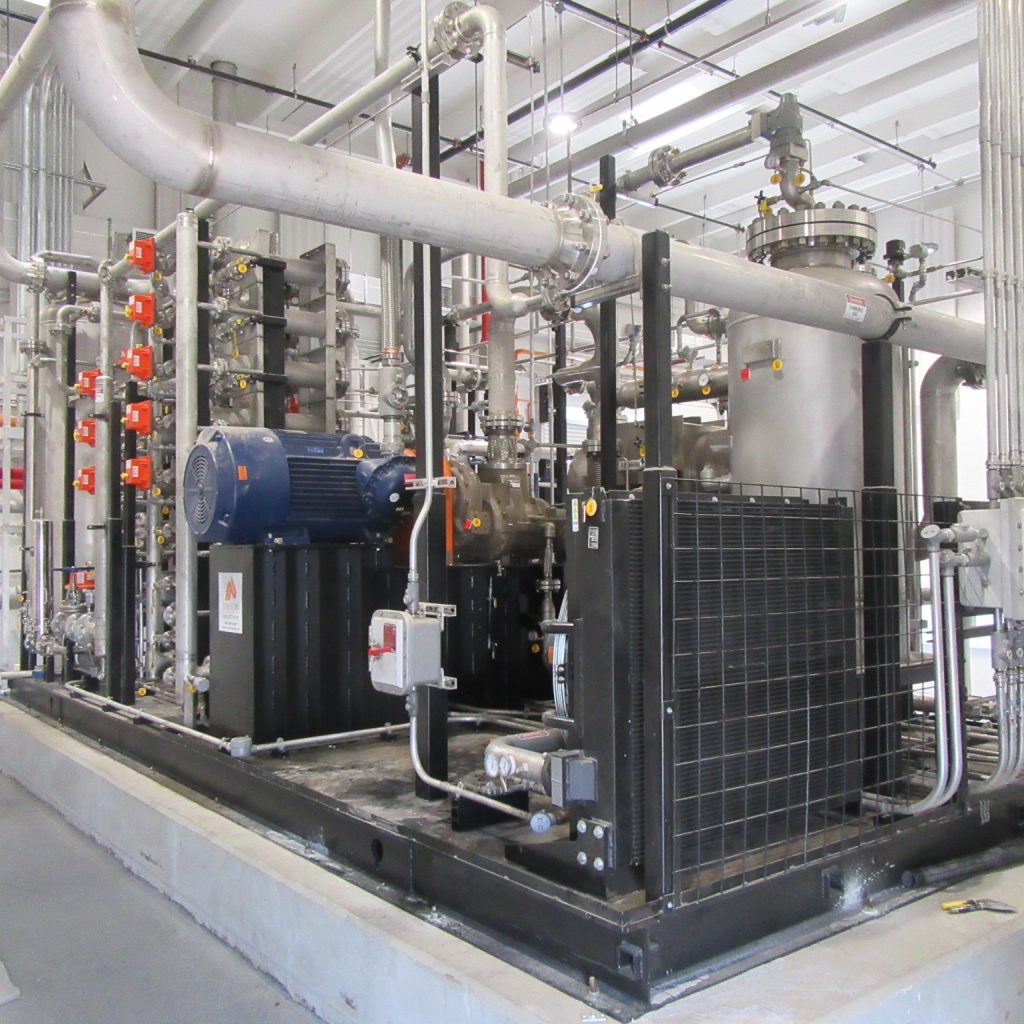
Anaerobic digestion for biogas production takes place in a sealed vessel called a reactor, which is designed and constructed in various shapes and sizes specific to the site and feedstock conditions. These reactors contain complex microbial communities that break down (or digest) the waste and produce resultant biogas and digestate (the solid and liquid material end-products of the process) which is discharged from the digester.
Through a city partnership with Black Hills Energy, a local utility which had the infrastructure in place, the city sells its wastewater-to- biogas product into a national gas pipeline.
“When you get it into the pipeline, it can be used anywhere,” said Donna Garden, the assistant director of Lincoln Transportation and Utilities. “ And it can also be used for fueling stations here within the city of Lincoln.”
As for leftover digestate, it gets used to fertilize the city’s new trees.
“The anaerobic digestion tanks themselves are quite large and can be seen for quite some distance, which was a concern initially, but I think most people will now tell you they are a point of pride,” Garden said.
Gaylor Baird put the income for the biogas plant at about $2,600,000 annually, “allowing the city to recoup its investment in just over the next three years.”
But neither Gaylor Baird, nor her city stopped there.
Realizing that the city’s landfill produced the same natural gas –methane — as its digested wastewater did, the city began piping it over to the Lincoln electric system to power the generators supplying the city’s electricity.
“You don’t want methane released into the atmosphere, so we’re capturing it and making electricity out of it,” Garden said. “And we’ve also done some really interesting things at what we call our Innovation Campus at the University of Nebraska.”
One of these projects again entails using recycled and purified wastewater and using it to heat and cool the entire campus.
“It works kind of like a geothermal heart pump,” Garden said.
“It’s a rare partnership,” Baird said. “I think there are only three site like it in the country, and the University of Nebraska feels like it’s a good marketing tool for the university. It says a lot about their capacity and willingness to innovate and collaborate … and it’s put them on the map as they try to attract faculty and other types of businesses here as partners.”
Given that the focus in Washington, D.C., has turned from coronavirus relief to the planning of a major infrastructure bill, it seemed only natural to ask Gaylor Baird if she has a wish list of what she’d like to see included.
“Oh, we’ve got a lot of dreams,” she said. “One thing is we want to establish redundancy in our water supply, because the reality is we shouldn’t be depending on one river, 30 miles away, for our water supply.
“So we need to find another source of water — just to support the growth of our community. And it’s not like we are near another huge body of water, so we’ve got to find that source of water. That’s a huge one.
“Another dream involves public transit. We don’t have a central transit hub or multimodal transit hub in our community, and this would help move us in the direction of being more resilient, as would building out our fleet of fuel-efficient vehicles.
“The other thing, and this goes back to impacts of climate change, is that we definitely could use some help for our flood protections, because while we only have a creek or two that cause flooding in our city, the changing climates means we need far more flood protection that we’ve needed in the past,” Gaylor Baird said.




















